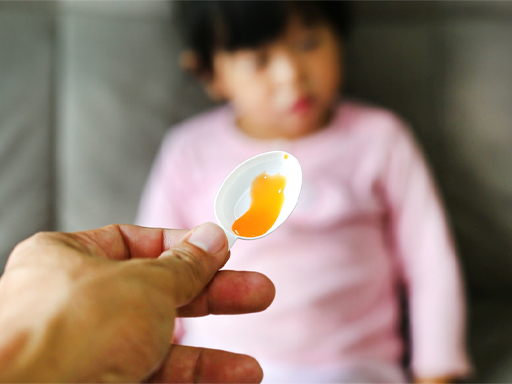5 Medication
For some children who have been diagnosed with selected mental health conditions, the symptoms may best be managed by introducing medication. Medication in the field of child and adolescent mental health is almost always recommended to be used in combination with other interventions, such as evidence-based psychotherapies like CBT. The decision to prescribe medication is a significant one and is usually only considered after a thorough assessment and when other interventions on their own are not making a sufficient difference to the child’s symptoms. Medication is prescribed by a medical doctor, usually a child or adolescent psychiatrist working in CAMHS, and the decision to do so should be in consultation with the child and their parents or guardians, frequently with input from other professionals involved in the child’s care.
Prescription of medication is limited in the child and adolescent mental health field, but when used it is important that the child is reviewed regularly to assess for possible side effects as well as improvements. For example, an older child with moderate or severe and persistent depressive symptoms may be prescribed an anti-depressant frequently alongside other interventions (National Institute for Clinical Excellence, 2019).
The most common conditions in the child and adolescent mental health field where medication is prescribed are for severe ‘treatment resistant’ depression, attention deficit hyperactivity disorder (ADHD) and (in older adolescents and adults) psychosis.
It is important to note that there is varying guidance about the prescribing of medication for very young children; some medication is not licensed for children below a certain age. The National Institute for Clinical Excellence (NICE) is part of the Department of Health in the UK and it produces guidance that is based on evidence about a wide range of health treatments and approaches to management.
Further information about prescribing medication for children with mental health conditions can be found in NICE guidance. You can find the details of some of this guidance in the ‘Further reading’ section at the end of the session.

